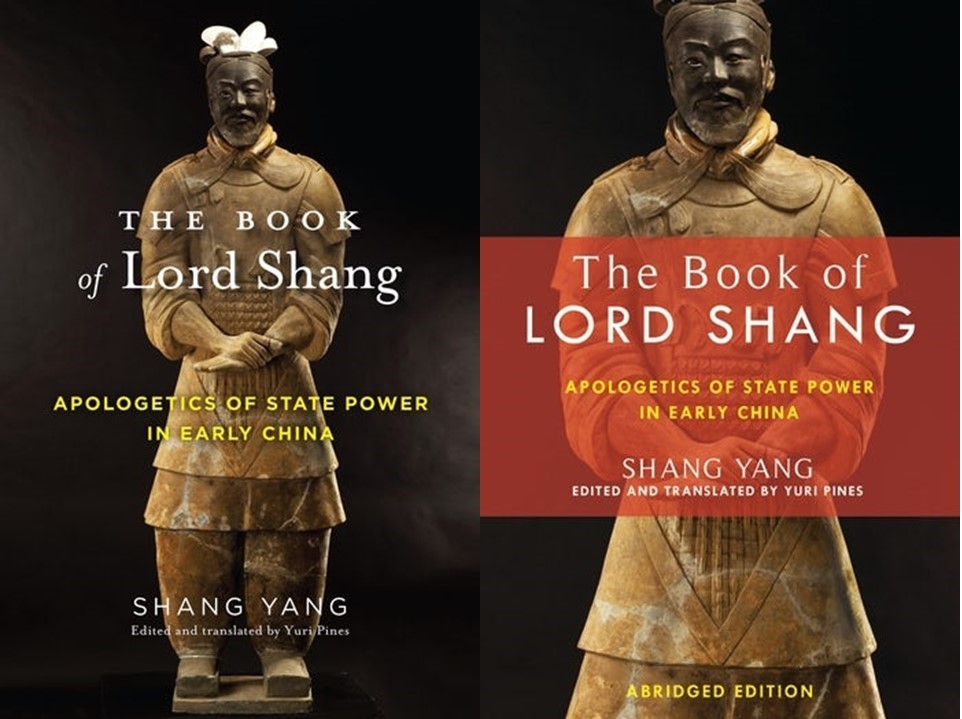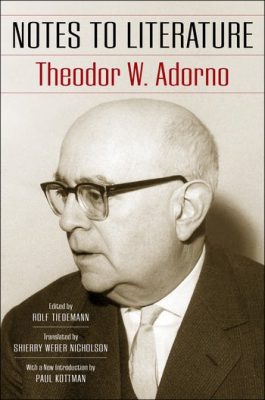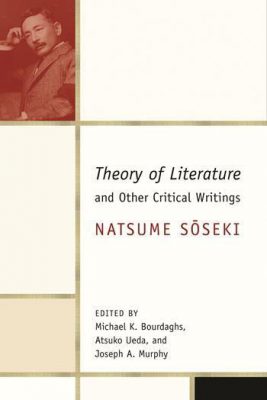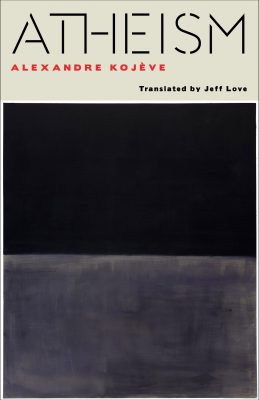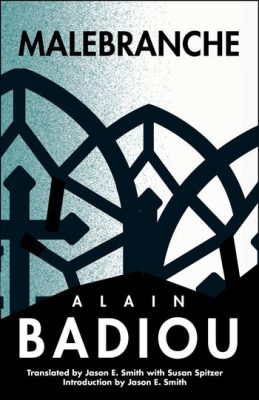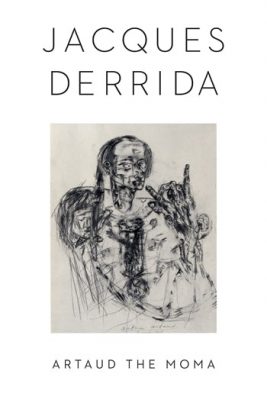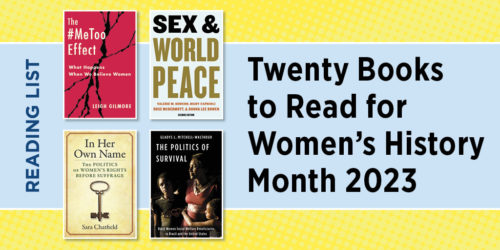Weekend Reading List: Theory and Philosophy in Translation

To continue our immersion into National Translation Month, we’ve compiled a weekend reading list of translated philosophical books for you to expand your mind’s eye beyond language barriers and borders.
• • • • • •
For an insider’s perspective, read this guest blog post by Yuri Pines about his experience translating this BCE-era book into modern English.
To learn more about the book, read the introduction to The Book of Lord Shang (arbidged edition).
1. The Book of Lord Shang
Topping the list is this week’s featured book, The Book of Lord Shang: Apologetics of State Power in Early China, a centuries old book of Chinese political theory newly translated by Yuri Pines. Attributed to statesman Shang Yang and his followers, The Book of Lord Shang and its ideals served the state of Qin that eventually created the first imperial polity on Chinese soil. Perfect for both newcomers and seasoned scholars alike, Yuri Pines’ fully annotated translation has been called “fluent and precise” by the Journal of Chinese Military History as it highlights the intellectual boldness and surprisingly modern-looking ideas of this classic work. We have both the abridged and unabridged editions available on our website. And remember, today is your last day to enter our book giveaway, where you could win a copy of The Book of Lord Shang (arbidged edition) by Shang Yang and translated by Yuri Pines.
Read “China Trans Formed,” a guest blog post, by Howard Chiang, author of After Eunuchs: Science, Medicine, and the Transformation of Sex in Modern China, about the genealogy of sexual knowledge in China from the demise of eunuchism to the emergence of transsexuality.
2. Countersexual Manifesto
Next up is Countersexual Manifesto by Paul B. Preciado and translated by Kevin Gerry Dunn with a foreword by Jack Halberstam. Originally written in Spanish in 2002, this book is all at once a rigorous work of trans theory, a performative literary text, and an insistent call to action. In this book, Preciado lays out mock constitutional principles for a countersexual revolution that will recognize genitalia as technological objects and offers step-by-step illustrated instructions for dismantling the heterocentric social contract. Countersexual Manifesto will disrupt feminism and queer theory and scandalize us all with its hyperbolic but deadly serious defiance of everything we’ve been told about sex.
Read more of Kristeva’s translated works by checking out this round-up of her book excerpts!
3. Passions of Our Time
Also a commentary on sex and gender in our culture is the Passions of Our Times by Julia Kristeva, which released earlier this summer. It is translated by Constance Borde and Sheila Malovany-Chevallier, and edited with a foreword by Lawrence D. Kritzman. This collection showcases recent essays of Kristeva’s that demonstrate the scope of her capacious intellect applied to literary criticism, gender and sex, and cultural critique. Kristeva considers literature with Barthes, freedom through Rousseau, Teresa of Avila and mystical experience, Simone de Beauvoir’s dream life, and Antigone and the psychic life of women. In a series of striking investigations, she thinks through disability and normativity, monotheism and secularization, the need to believe and the desire to know.
4. Notes to Literature
Notes to Literature: combined edition is a collection of essays from one of the major social theologists of the 20th century, Theodor W. Adorno. It is edited by Rolf Tiedemann, translated by Shierry Weber Nicholson, and has a new introduction penned by Paul Kottman. Through a series of his most renowned pieces, Ardono explores the writings of Mann, Bloch, Hölderlin, Siegfried Kracauer, Goethe, Benjamin, and Stefan George. It also includes his reflections on a variety of subjects, such as literary titles, the physical qualities of books, political commitment in literature, the light-hearted and the serious in art, and the use of foreign words in writing.
For further reading, take a look at Sōseki’s novel, Light and Dark, or this biography about Sōseki.
5. Theory of Literature and Other Critical Writings
Known best for his novels defining the Meiji Era in Japan, author Natsume Sōseki was originally a literary theorist as exhibited here in Theory of Literature and Other Critical Writings, a collection of his works edited by Michael Bourdaghs, Atsuko Ueda, and Joseph Murphy. Sōseki originally wrote Theory of Literature in 1907 in an effort to get to the bottom of why humans read. By insisting that literary taste is socially and historically determined, Sōseki was able to challenge the superiority of the Western canon, and by grounding his theory in scientific knowledge, he was able to claim a universal validity. Also in this collection are essays in which Sōseki continues his theological exploration of humans and literature.
If you want to learn more about Alexandre Kojève check out the The Black Circle, a biography of him, by his translator, Jeff Love.
6. Atheism
Between Buddhism, Christianity, German idealism, Russian literature, and mathematics, there are few fields that Alexandre Kojève doesn’t touch on in his book Atheism, translated by Jeff Love. Written in 1931 but left unfinished, Atheism is an erudite and open-ended exploration of profound questions of estrangement, death, suicide, and the infinite that demonstrates the range of Kojève’s thought. By positing that there is no source of authority—including philosophy, science, or God—that is beyond the world as we experience it, the main questions of his work then becomes whether atheism is even a meaningful position, since both affirmation and denial of God’s existence imply a knowledge that seems clearly outside our capacities.
For more of Badiou in conversation with philosophical texts, check out Lacan: Anti-Philosophy.
7. Malebranche
Another work which considers humanity’s relationship to a higher power and the belief systems that fall under it is Malebranche: Theological Figure by Alain Badiou, translated by Jason E. Smith and Susan Spitzer with an introduction by Jason E. Smith. Part of Columbia University Press’ The Seminars of Alain Badiou series, this book is Badiou’s interrogation of Malebranche’s key text, the Treatise on Nature and Grace. Badiou develops a rigorous yet novel analysis of Malebranche’s theory of grace, retracing his claims regarding the nature of creation and the relation between God and world and between God and Jesus.
Read Geneses, Genealogies, Genres, and Genius: The Secrets of the Archive, by Jacques Derrida. Translated by Beverley Bie Brahic, in this work Derrida argues that the feminist and intellectual Hélène Cixous is the most important writer working within the French idiom today.
7. Artaud the Moma
Concluding our list is Artaud the Moma, by Jacques Derrida, edited with an afterword by Kaira M. Cabañas, and translated by Peggy Kamuf. In 1996 Jacques Derrida gave a lecture at the Museum of Modern Art in New York on the occasion of Antonin Artaud: Works on Paper, one of the first major international exhibitions to present the avant-garde dramatist and poet’s paintings and drawings.
Artaud the Moma, as lecture and text, reveals the challenge that Artaud posed to Derrida—and to art and its institutional history. A powerful interjection into the museum halls, this work is a crucial moment in Derrida’s thought and an insightful, unsparing reading of a challenging writer and artist.
Categories:National Translation MonthReading ListTranslation
Tags:acques DerridaAlain BadiouAlexandre Kojèveand the ArtsArtaud the MomaatheismAtsuko UedaColumbia Themes in PhilosophyConstance BordeCountersexual ManifestoCritical Life StudiesEuropean Perspectives: A Series in Social Thought and Cultural CriticismJack HalberstamJason E. SmithJeff LoveJoseph MurphyJulia KristevaKevin Gerry DunnLawrence D. KritzmanMalebrancheMichael BourdaghsNatsume SosekiNotes to LiteratureNTM2019Passions of Our TimePaul B. PreciadoPeggy KamufShang YangSheila Malovany-ChevallierShierry Weber NicholsonSocial CriticismSusan SpitzerThe Book of Lord ShangThe Seminars of Alain BadiouTheodor W. AdornoTheory of Literature and Other Critical WritingsTranslations from the Asian ClassicsWeatherhead Books on AsiaWeek 1: NTM2019Yuri Pines

